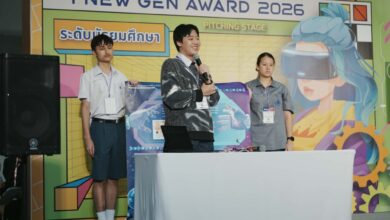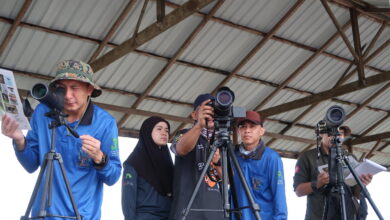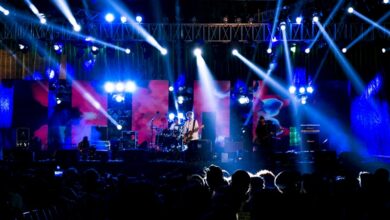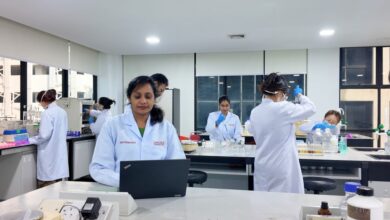WUACD Guest Lecture: Advancing Academia’s Role in Industry Collaboration
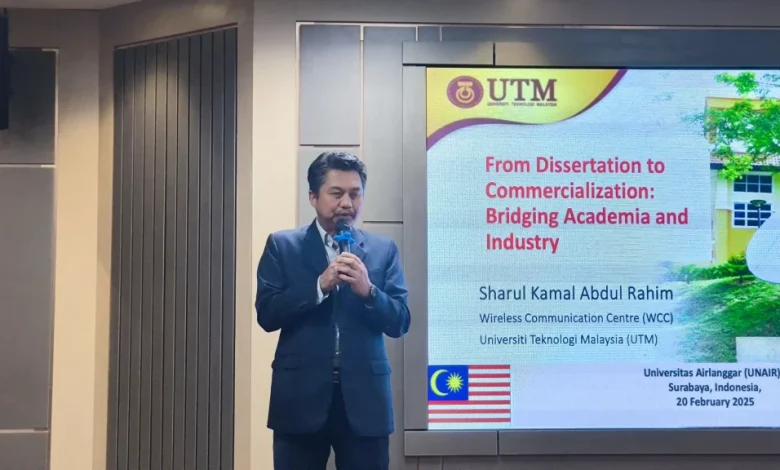
On February 20, 2025, the World University Association for Community Development (WUACD) conducted a guest lecture at Universitas Airlangga (UNAIR) focusing on the relationship between academia and industry. The event took place in the Tarumanegara Room at the ASEEC Tower on the Dharmawangsa-B Campus and featured Prof. Ir. TS Dr. Sharul Kamal Bin Abdul Rahim, Principal of Kolej Tuanku Conselor at Universiti Teknologi Malaysia, as the keynote speaker.
Bridging Academia to Industry
Titled “Bridging Academia to Industry,” the lecture addressed innovative strategies to improve bandwidth limitations, particularly significant for tropical regions like Indonesia. Prof. Rahim noted that enhancing bandwidth capacity is essential for maximizing performance and enabling higher frequencies. He proposed the use of multiple antennas to improve signal reception, suggesting that an increased number of antenna elements enhances overall signal strength.
Advancements in Transparent Antennas
The discussion also included advancements in transparent antennas, which Prof. Rahim described as beneficial in urban environments where traditional antennas often encounter interference from modern glass buildings. He highlighted the increasing necessity of transparent antennas for effective communication in major cities such as Kuala Lumpur and Jakarta.
Research Insights and Initiatives
Additionally, Prof. Rahim shared research insights indicating that these antennas operate over a frequency spectrum ranging from 3 GHz to 32 GHz, developed in collaboration with his students. He mentioned a notable initiative that facilitated the travel of seven students to France for advanced research and development.
Public Transportation Challenges
The lecture further addressed public transportation challenges in Malaysia, particularly the obstacles faced by commuters in utilizing bus services due to the difficulties in tracking bus routes. Prof. Rahim indicated that the current tracking systems are privately owned and require substantial government investment for widespread implementation. To counter this issue, he and his team devised a real-time bus tracking system utilizing GPS technology and RFID sensors, aimed at enhancing the efficiency of public transportation.
Conclusion
This event underscored the importance of fostering collaboration between academia and industry to tackle modern challenges and promote innovative solutions in connectivity and transportation efficiency.
Source: Universitas Airlangga

